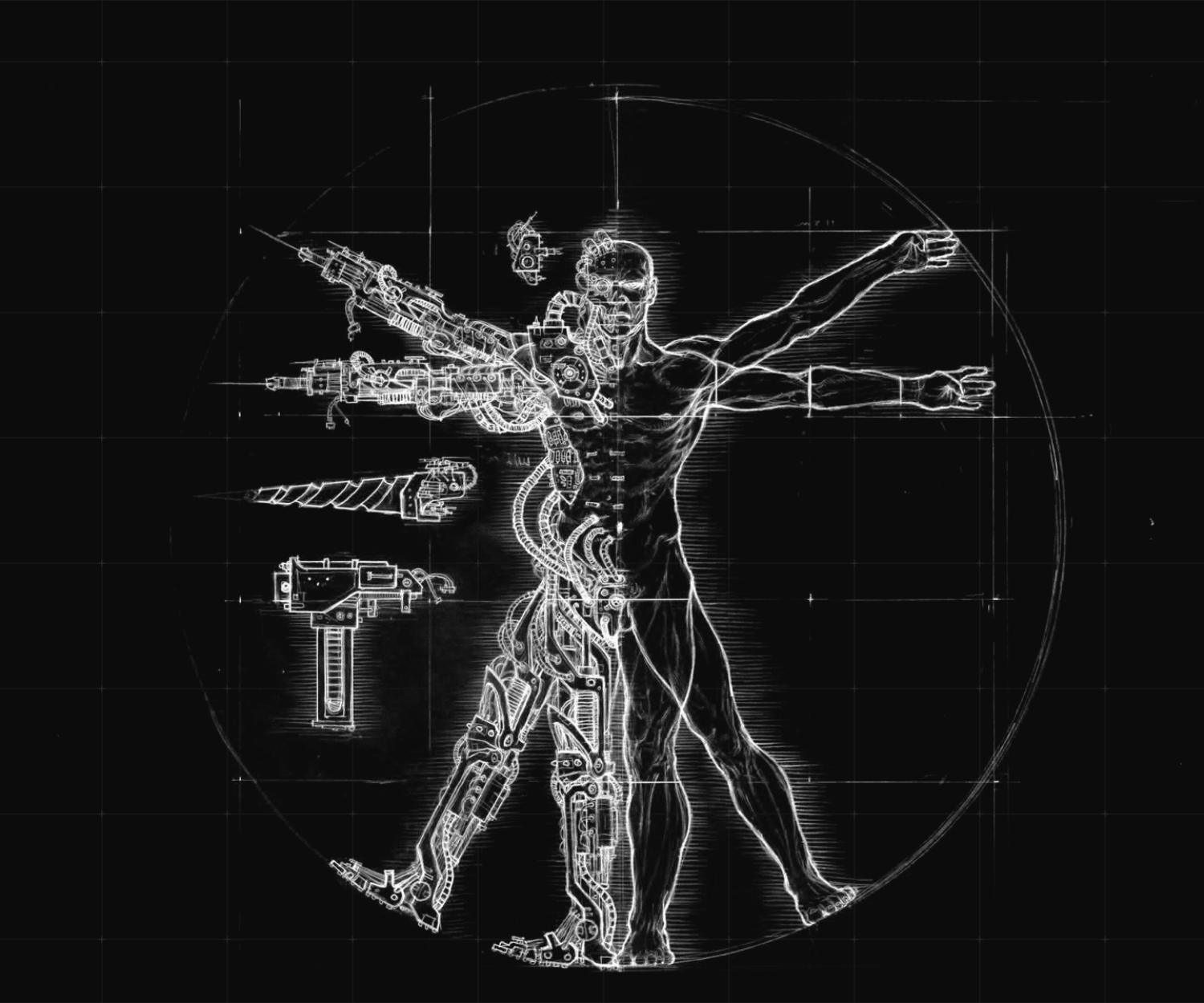AI is reshaping leadership dynamics across industries, allowing every employee to take charge of their work and influence decision-making like…
- Hello 👋, how can I help you today?

Imagine a world where robots help us with our chores, machines can do our jobs, and we can work from anywhere in the world. Sounds like a sci-fi movie, right? But this future is closer than you think. The “Future of Work” is already here, and it’s changing the way we live, learn, and earn.
What’s driving this change? Technology! From artificial intelligence (AI) to automation, machines are becoming more powerful and capable. This means they can do tasks that humans used to do, and they can do them faster and more efficiently.
So, what does this mean for our jobs? Well, some jobs will disappear, but new ones will be created. Think about it this way: when cars were invented, many people who worked with horses lost their jobs. But new jobs were created for mechanics, car salesmen, and factory workers.
The Future of Work is about adapting to these changes. Here are some key areas to consider:
The Rise of the Machines: Automation and AI are changing the way we work. Robots are taking over repetitive and dangerous tasks, while AI is helping us make better decisions and work smarter. This doesn’t mean robots will take all our jobs, but it does mean we need to be prepared for a future where technology plays a larger role.
New Skills for a New World: As automation takes over some jobs, new opportunities will emerge in areas like AI development, data analysis, and robotics. This means we need to be constantly learning and adapting, developing new skills that are in demand.
The Office is Dead (or at least Changing): Thanks to technology, we can now work from anywhere in the world. This is leading to a rise in remote work and the gig economy, where people work on short-term projects for different companies.
Flexibility and Freedom: This shift offers greater flexibility and control over our work lives, allowing us to choose when and where we work. However, it also comes with challenges like maintaining work-life balance and finding stable income.
The Future is About Learning: The Future of Work is all about lifelong learning. New technologies are constantly emerging, and we need to keep up to stay ahead of the curve. This means actively seeking out new skills and training opportunities, whether it’s online courses, workshops, or mentoring programs.
Staying Relevant: The world of work is changing faster than ever, so it’s more important than ever to stay relevant. By constantly learning and adapting, we can make ourselves more valuable in the job market and prepare for the challenges of the Future of Work.
It’s also about how we live and interact with each other. It’s about creating a future where technology works for us, not against us, and where everyone has the opportunity to thrive.
Think about it: What skills do you need to be successful in the Future of Work? How can you stay ahead of the curve and adapt to these changes? The future of work is exciting and challenging. By embracing new technologies, learning new skills, and working together, we can create a future where everyone has the opportunity to thrive.
Secondary Keywords:
Artificial Intelligence, Automation, Remote Work, Gig Economy, Lifelong Learning


